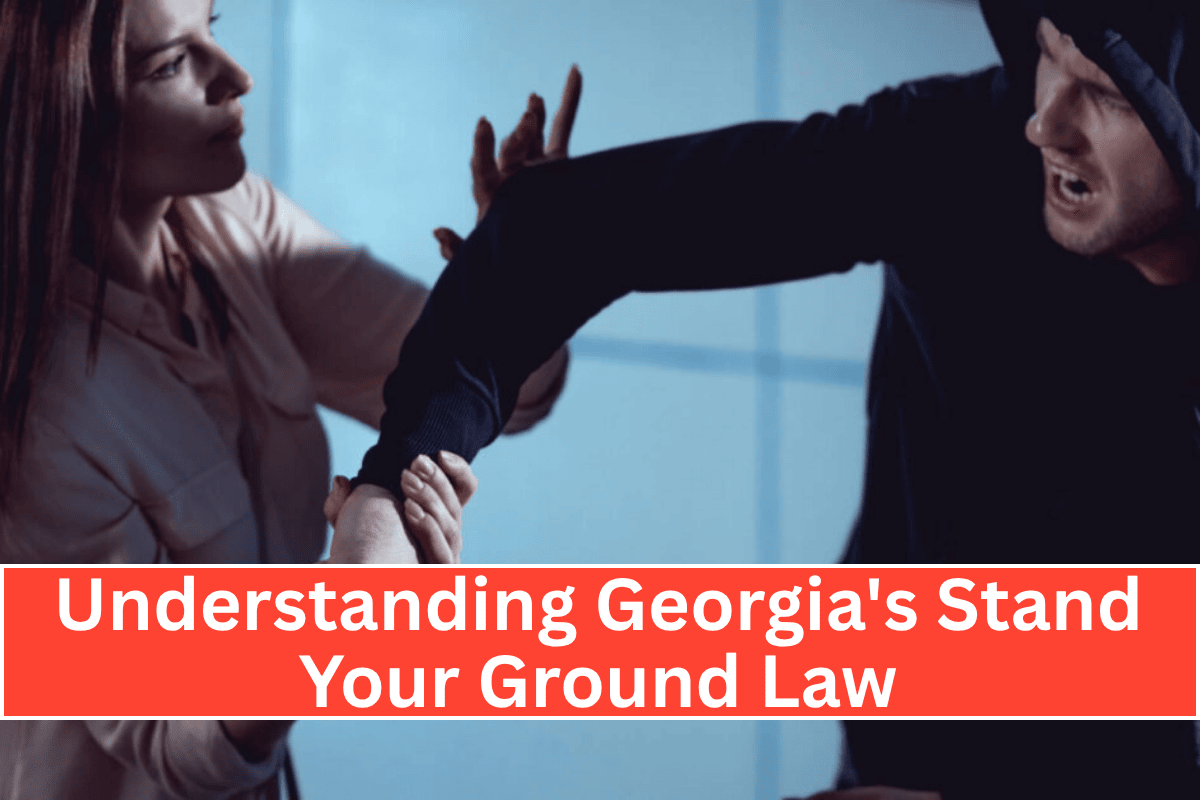Georgia’s Stand Your Ground law is designed to protect citizens who need to defend themselves, their loved ones, their homes, or other property. The law is one of 38 similar laws across the United States, granting individuals the right to use force, including deadly force, without the obligation to retreat when faced with a threat.
This statute is grounded in the belief that people have the right to defend themselves in dangerous situations without fearing legal consequences, as long as their response is reasonable.
In this article, we will break down the key aspects of Georgia’s Stand Your Ground law, compare it to the Castle Doctrine, and explain the importance of contacting a lawyer if you ever find yourself in a self-defense situation.
Key Aspects of Georgia’s Stand Your Ground Law
No Duty to Retreat
The most significant feature of Georgia’s Stand Your Ground law is that it removes the duty to retreat. Under the law, individuals who are under attack are not required to retreat, even if they have a safe escape route. If you feel that your life is in danger, you have the legal right to stand your ground and respond with force.
This is an important difference from other states that may require individuals to attempt to retreat before using deadly force. In Georgia, you are allowed to defend yourself and those around you, including your property, without worrying about trying to escape first.
Use of Deadly Force
The law permits the use of deadly force when an individual reasonably believes that they or others are about to suffer imminent death or serious injury. This means that if you are in a situation where you feel that your life or the life of someone else is at risk, you can use lethal force to protect yourself.
However, it’s essential to remember that the law does not give individuals a free pass to use deadly force whenever they feel threatened. The force used must be proportionate to the threat. For example, if someone pushes you during an argument, responding with deadly force would not be considered reasonable.
Defense of Property
Georgia’s Stand Your Ground law also extends to the defense of property. If someone attempts to unlawfully enter or damage your property, you have the right to use force to stop them. This includes protecting your home, car, or other belongings from theft or destruction.
Again, the use of force should be reasonable. For example, if someone is simply attempting to take your property without posing an immediate threat of harm, using deadly force may not be justified.
Castle Doctrine vs. Stand Your Ground
Castle Doctrine
The Castle Doctrine is a principle closely related to the Stand Your Ground law, particularly when it comes to defending your home.
Under Georgia’s Castle Doctrine (O.C.G.A. § 16-3-23), you do not have to retreat if someone is unlawfully entering your home or attempting to cause harm. In such cases, you are justified in using force, including deadly force, to protect yourself and your home.
Stand Your Ground Law
While the Castle Doctrine applies specifically to defending your home (or “castle”), the Stand Your Ground law broadens this protection. It removes the duty to retreat in any location where a person is legally allowed to be, not just inside their home. This means you can defend yourself anywhere, whether it’s in your car, on the street, or at a friend’s house.
In short, while the Castle Doctrine covers the defense of habitation (your home), Stand Your Ground extends this defense to all lawful locations, where retreat is not required.
Legal Considerations and Why You Need a Lawyer
Even though the Stand Your Ground law provides a defense for individuals who act in self-defense, it’s essential to be aware that these cases can be complex. If you claim to be standing your ground, you will still be questioned to ensure that the force you used was reasonable and justified.
In many instances, people who invoke the Stand Your Ground law can face charges such as assault, manslaughter, or even murder if the force they used is deemed excessive or unjustified. Because of this, it is crucial to contact an experienced Stand Your Ground lawyer in Georgia if you ever find yourself involved in such a situation.
A criminal defense lawyer will ensure that your actions are defended appropriately in court and that you have the best chance of demonstrating that your response was necessary and proportional.
Before Speaking to the Police
If you have used force in self-defense, it’s advisable to consult with a lawyer before talking to the police. Anything you say to law enforcement could be used against you in court, and you may unintentionally say something that harms your case. A criminal defense attorney can guide you through the legal process and ensure your rights are protected.
Georgia’s Stand Your Ground law grants individuals the right to defend themselves, their loved ones, and their property without the obligation to retreat.
While this law offers essential protections, it’s important to understand that using force must be reasonable and justifiable. The law allows for deadly force only when a person has a legitimate, reasonable fear of imminent harm.
If you find yourself in a situation where you’ve had to defend yourself, it’s vital to consult with an experienced Georgia criminal defense lawyer. A lawyer can help protect your rights, guide you through the legal process, and ensure your actions are appropriately defended in court.












